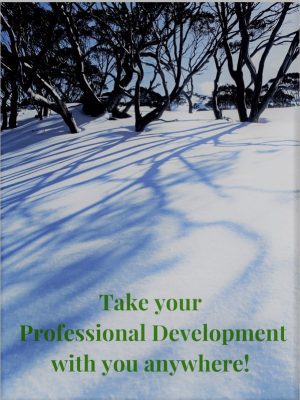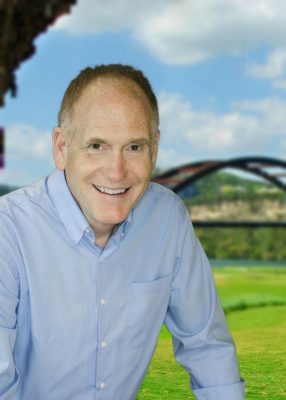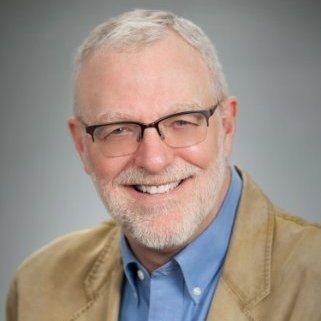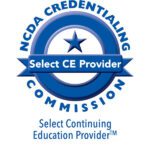Working with clients I typically begin with helping them identify their skills, but as I finish teaching my 5 week online seminar, Finding Purpose, I think it is more about being “authentic” and finding our true selves, which includes identifying our skills, but much more than that.
Being authentic is finding the core of who we are and doesn’t change as we get older; it should only get clearer.
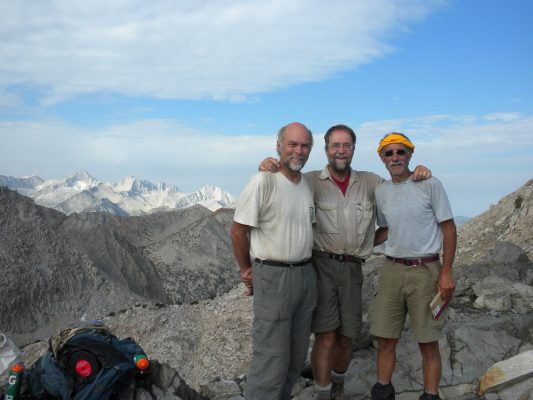
Fairly recently, within the past 5 years, my dad told me that he knew I’d be great at working with people because often when he came home from work he’d find me talking to the neighbors, Mr. Craig or Mrs. Marsh. My focus was on communicating with people even back then. Interesting that I majored in Forestry :-O Probably not the best choice. I wished my dad had talked to me more about the ‘authentic’ me.
We need to find our strengths and build on them. Finding the authentic person inside us and our clients takes time and effort. I encourage you to watch this YouTube video by Marcus Buckingham called, The Truth About You. (23 minutes you will not regret). He explores this topic in a very provocative way and makes a powerful message about finding our strengths, discovering the real you, and why that is so important in our careers where we typically spend over 2000 hours each year.
So how do you discover your strengths? Pay attention to ALL your experiences, at work, at play, and at rest. Which ones give you energy? Which ones leave you tired or dreading to do? Repeat the ones that give you energy. Then, “rinse and repeat”. This is where the authentic you is hiding. Some people need help doing this and that is where we as career practitioners can come in. I like to use skills card sorts. Other times I ask those probing questions that highlight people’s skills. 4 Steps in Helping Clients Describe Their Skills
Carol Vecchio wrote an article titled Achieving Life-Career Satisfaction in the National Career Development Association’s “Career Developments” Fall 2013 magazine that speaks to finding your “True Self” as a way of finding what our purpose is. True Self is the essence of who you really are and asks the question, “What is my purpose in life?” To discover this True Self requires deep active listening to feelings and intuition on the part of individuals and also on the part of career practitioners when working with clients.
Trusting our instincts is something I talk about with all my clients. Far too many people want to believe that the answer is in an assessment or a computer search. I tell people the answer is within ourselves. You know what you don’t want to do…which means at some level you know what you DO want to do. You need to listen that voice in your head..the instincts within..your guardian angel.
Besides skills, we need to pay attention to our values and what is truly important to us. I am working with a client right now who keeps talking about what are important traits in his next job, like having “work-life balance” and “moral fulfillment” and “job tranquility”. These are his values speaking to him and are a reflection of his unhappiness in his current job…which is missing these traits. These are not skills he possess, but values he desires. The authentic you is a multi-dimensional being. Values are what is in our soul and needs to be a part of the conversation with our clients and ourselves.
After a recent blog post I heard from Nik Crain who wrote that “purpose” is “what gets you out of bed to go to work” and the answer can be either be “passion” which is when there is an alignment with the organization mission – even though they don’t love the actual tasks of the job. Or it could be more about their “skills” and they love the work, even though neutral about organizational mission / product / etc. Either one feeds the soul.
I love this view because too many people are searching for ‘passion’ and then a job that feeds it. That may be the case, but we may find purpose really being the driving force at work and ‘passion’ being something you do outside of work.
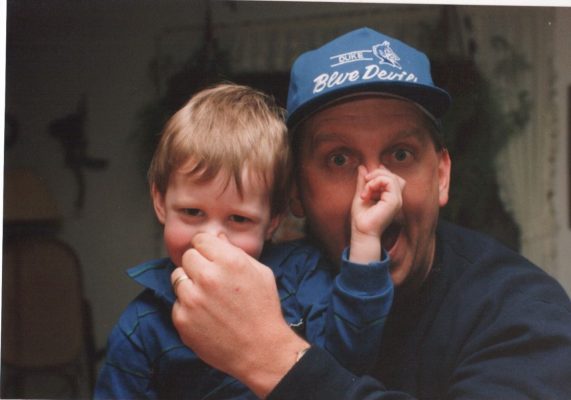
All relationships require a level of trust. Trust can only be gained by being authentic with each other. My good friend, Dr. Will Keim often spoke about the “Education of Character” and one of his favorite quotes was, “Say what you mean. Do what you say. And when you don’t, admit it.” He was greatly influenced by the work of Dr. Martin Buber who said, “Education worthy of the name is essentially the education of character.” Character is where you find the authentic you.
As I think about this topic of “finding purpose” in our work, I can’t help but come back to the first steps of understanding ourselves, skills, and values. What is important to me? What feeds my soul? What gives me energy? And then being the authentic person by living those out in everything I do. By showing my true character and ‘say what I mean. Do what I say.’ in my work, my play, and my life…then I will find my purpose.
What do you think about helping your clients find purpose in their careers?
What questions do you ask?
What activities do you assign?
Jim Peacock is the Principal at Peak-Careers Consulting and writes a monthly newsletter for career practitioners. Peak-Careers offers discussion-based online seminars for career practitioners focused on meeting continuing education needs for CCSP, GCDF and BCC certified professionals as well as workshops for career practitioners and individual career coaching.
Sign up here to receive my TOP 10 TIPS WHEN WORKING WITH AN UNDECIDED PERSON. You can also receive the career practitioners newsletter which includes a variety of career topics, industry news, interesting events, and more.

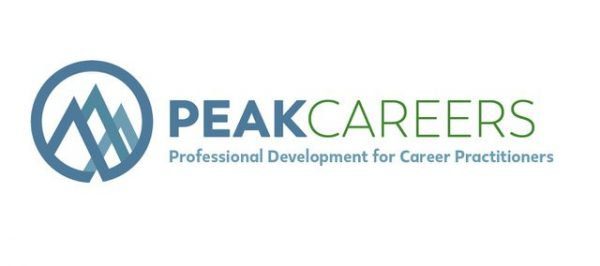
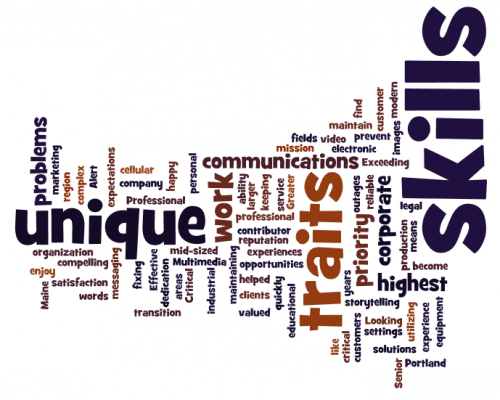
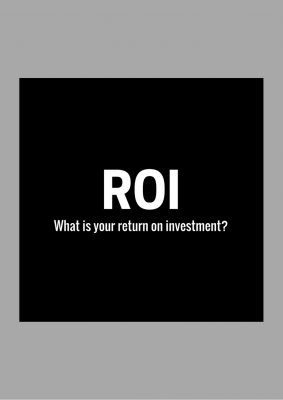 Skills can be developed through on-the-job training, short term certificates or diplomas, even on-line through YouTube or Lynda.com, as well as college degrees. Our economy needs ALL kinds of skills to run. This struck me as I have been working with a number of clients recently who have done very well in the world of work without a college degree.
Skills can be developed through on-the-job training, short term certificates or diplomas, even on-line through YouTube or Lynda.com, as well as college degrees. Our economy needs ALL kinds of skills to run. This struck me as I have been working with a number of clients recently who have done very well in the world of work without a college degree.